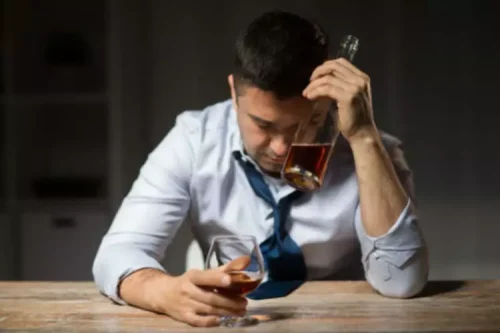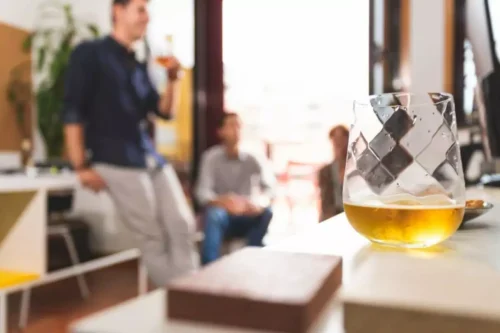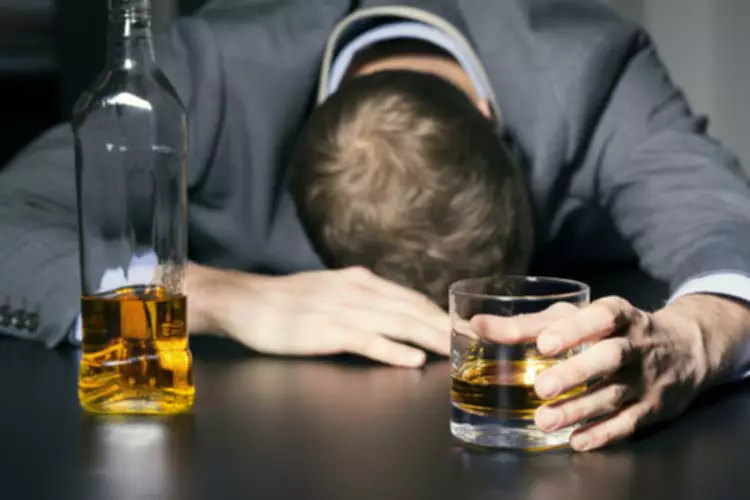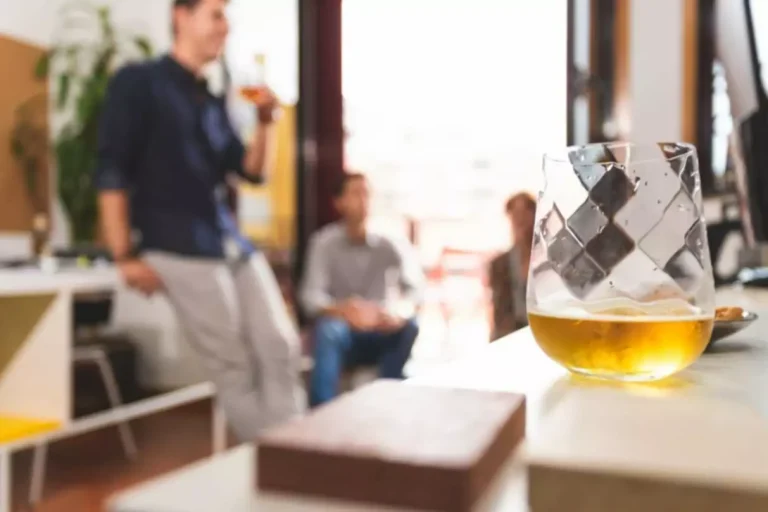
Treatment doesn’t always make your depression go away completely. The Healthline FindCare tool can provide options in your area if you don’t already have a doctor. During an ECT procedure, you’ll receive an anesthetic agent which will put you to sleep for approximately 5 to 10 minutes. Your therapist might assign you “homework” where you practice replacing negative thoughts with more positive thoughts. The causes of depression are often tied to other elements of your health.
Depression and anxiety
Understanding the link between alcohol and depression can help you better manage depression after drinking, or better yet, prevent it from happening in the first place. It’s not uncommon to use alcohol to cope with difficult feelings and experiences. That’s why your doctor or psychologist will work with you to create a treatment approach that addresses both issues. Individuals with alcohol use disorder often develop a physical dependency on alcohol. If not treated, alcohol use disorder can become a life-long struggle.

Health Conditions
When light enters our eyes, it sends the message to our brain that it’s time to wake up. When it’s dark outside, a hormonal signal is sent to our brain that it’s time to sleep. Excessive and long-term alcohol use can cause many health complications, which may become severe and life threatening.
What Do We Know About Alcohol and Depression?
Everyone feels blue or down from time to time, and people often say that they feel “depressed” during these temporary bouts of sadness. But clinical depression isn’t just a matter of feeling the occasional ups and downs or periodic sadness caused by issues of daily life. There’s also a strong link between serious alcohol use and depression. If you have a mental disorder, like depression, schizophrenia, anxiety, or bipolar disorder, it’s common to have trouble with substances including alcohol.
Substance-induced depression is different from major depressive disorder and, by definition, should improve once a person stops consuming substances (such as alcohol). Alcohol consumption can lead to feelings of depression due to chemical does drinking make your depression worse reactions. In the short term, drinking alcohol can make you feel good, sociable, and even euphoric.

You may also benefit from family or group therapy sessions. Tricyclic antidepressants (TCAs) and tetracyclic antidepressants (TECAs) treat depression by increasing the amount of the neurotransmitters serotonin and norepinephrine in your brain. Whatever medicine you’re taking, stop drinking alcohol and speak to your doctor if you feel unwell, feel unexpectedly drunk, or have any other side effects.
- N-methyl-D-aspartate (NMDA) antagonists treat depression by increasing levels of glutamate in the brain.
- The Centers for Disease Control and Prevention has found that 9 out of 10 adult binge drinkers don’t have a severe alcohol use disorder, but that doesn’t mean alcohol isn’t a problem for them.
- Most people with depression feel better with medication, psychotherapy or both.
General Health

This, combined with heightened mood states, can have some unpleasant effects. Lower-than-normal levels of these important chemical messengers can temporarily affect your speech, coordination, and energy. Drinking activates the reward system in your brain and triggers dopamine release, so alcohol often seems to have a stimulating effect — at first.
Persistent depressive disorder
Some people experience mild and temporary episodes, while others experience severe and ongoing depressive episodes. Some research suggests this compound may ease symptoms of depression. However, the results of this research is not conclusive and more research is needed.
- The National Alliance on Mental Illness (NAMI) offers education and support for patients and families affected by mental health disorders.
- Lerner stopped drinking while attending an inpatient program in June 2016.
- Research has established a link between alcohol use and depression.
- However, she says finding a community of fellow sober moms, and returning to therapy as needed, has helped her to stay the course.
- But once you’ve experienced a depressive episode, you may be better prepared to prevent a future episode by learning which lifestyle changes and treatments are helpful.

Talk to your GP or local health professional if you think that you will find it hard to stop drinking. Research has established a link between alcohol use and depression. People who have depression are more likely to misuse alcohol. Postpartum depression refers to depression that happens after childbirth. It is a common disorder after pregnancy, affecting 1 in 9 new parents.
If you experience symptoms of depression for most of the day, every day, for a few weeks, the NHS advises you to contact your GP surgery to get help. And if you’re worried about your drinking, there are alcohol support services that can help. If you don’t have alcohol dependence, you can stop drinking alcohol. Most people will feel better in a couple weeks, and the depression will get better.
